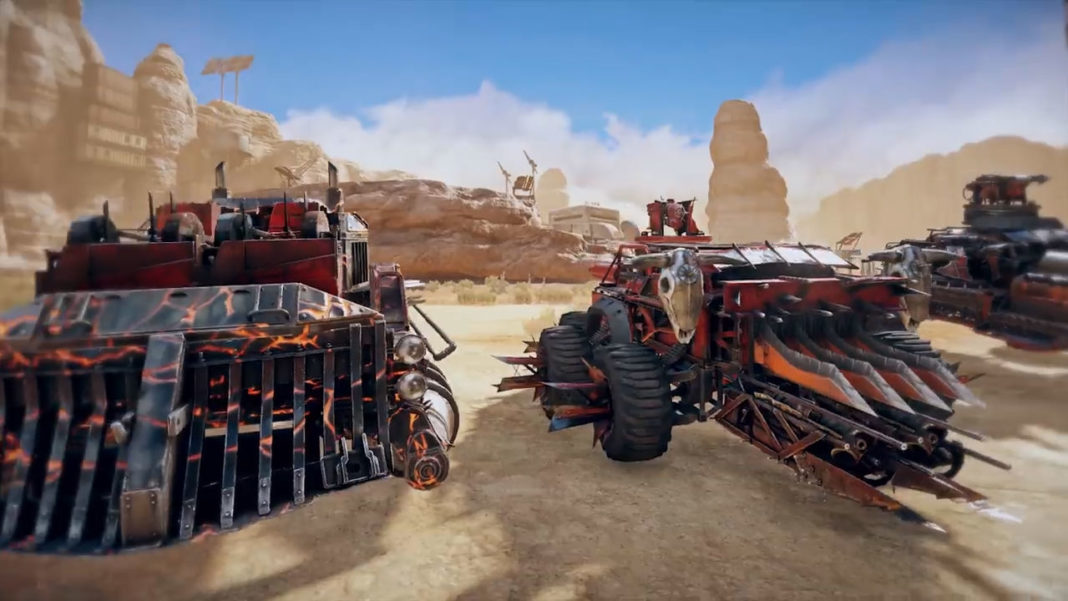


Turner, himself a guard, a professor, has the courage of a Bartolomé de Las Casas. The only song that passes is a song gone as dry and cadaverous as the fossils in the sands. The seer of now pours his vision on sheets of paper, on banks of arid craters where armored bullies stand guard and demand the password, Positive Evidence. The very memory of community is a fogged image out of Spiritus Mundi. Seers of old returned to share their visions with their communities, just as women shared their corn and men their hunt.īut there is no community. Were vexed to nightmare by a rocking cradle. The vision is as clear to Turner as it was to Yeats: He sees with the eyes of the dispossessed of this once beautiful world that rests on a turtle’s back, this double continent whose ponds emptied, whose banks were rent, whose forests became arid craters from the day it was named America.Īnd what rough beast, its hour come round at last, Turner borrows the lights of human communities beyond civilization’s ken to see beyond geography. Others drew the curtain before Turner they’re the ones who made the secret public: Toynbee, Drinnon, Jennings, Camatte, Debord, Zerzan among contemporaries whose lights I’ve borrowed Melville, Thoreau, Blake, Rousseau, Montaigne, Las Casas among predecessors Lao Tze as long ago as written memory can reach. Turner (not to be confused with Frederick Jackson Turner, the frontiersman’s advocate) draws the curtain and floods the stage with light. In a wonderfully lucid book titled Beyond Geography, a book which also goes beyond history, beyond technology, beyond civilization, Frederick W. is moving its slow thighs against the projected wilderness, against the reflected barbarism, against the savage face that looks out of the pond, its motion emptying the pond, rending its banks, leaving an arid crater where there was life. We’re on the side with the angels.Ī shape with lion body and the head of a man, The dry sterile thunder without rain, the confused alarms of struggle and flight, are projected outward, into the great unknown, across the seas and over the mountains. Publicly the wilderness is elsewhere, barbarism is abroad, savagery is on the face of the other. Haven’t we always known it? Isn’t this a public secret? Hasn’t it always been the big public secret? Hic Rhodus! This is the place to jump, the place to dance! This is the wilderness! Was there ever any other? This is savagery! Do you call it freedom? This is barbarism! The struggle for survival is right here. This is the waste land: England, America, Russia, China, Israel, France.Īnd we are here as victims, or as spectators, or as perpetrators of tortures, massacres, poisonings, manipulations, despoliations. There is not even silence in the mountainsīut dry sterile thunder without rain. Here one can neither stand nor lie nor sit Swept with confused alarms of struggle and flight


 0 kommentar(er)
0 kommentar(er)
